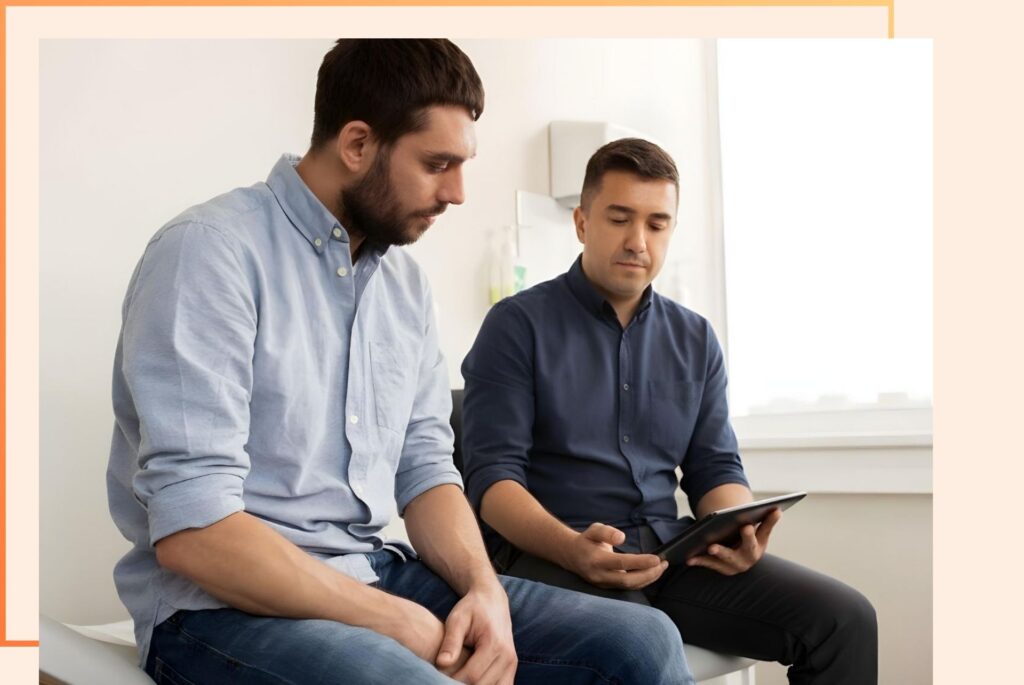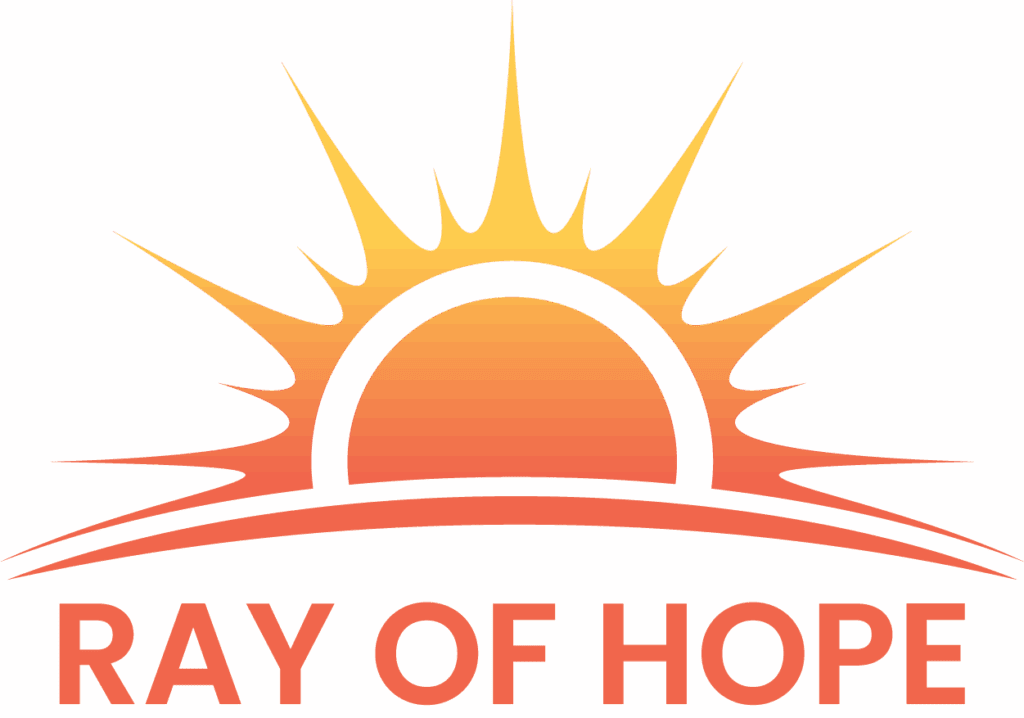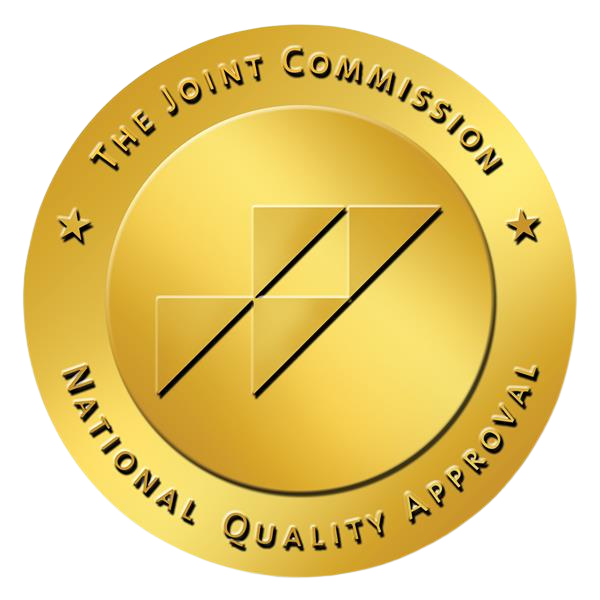Dual Diagnosis Treatment
Columbus, OH
Find integrated mental health treatment in Columbus at Ray of Hope. Our compassionate team provides evidence-based care for individuals facing both addiction and co-occurring conditions such as depression, anxiety, and bipolar disorder. By treating mental health and substance use together, we help you achieve real, lasting recovery.
With fast admissions and housing partnerships available, getting help is easier and more accessible than ever. Our structured support and personalized therapies keep you connected to daily life while giving you the tools to heal.
Comprehensive Dual Diagnosis
Treatment Program
Seeking help for both mental health symptoms and substance use is a powerful step. At Ray of Hope, we honor that choice with care that’s coordinated, respectful, and effective. Our dual diagnosis program in Columbus, OH, brings therapy and psychiatric support together so you aren’t navigating two separate tracks.
We tailor your plan to your strengths and goals, focusing on stabilization, emotional regulation, coping skills, and relapse prevention. You’ll receive structured support that fits real life, so you can heal without stepping away from home, work, and the people who matter most.
What Is Dual Diagnosis Treatment?
Dual diagnosis treatment is an integrated approach for people experiencing co-occurring conditions, such as depression, anxiety, PTSD, or bipolar disorder, alongside substance use. Recognizing how each can trigger, mask, or intensify the other, our care is fully coordinated. We combine psychotherapy, skills groups, and medication management when appropriate to stabilize symptoms, reduce compulsive behaviors, and build durable coping strategies.
This comprehensive model improves outcomes by aligning goals and interventions under one program. At Ray of Hope in Columbus, our team collaborates on one cohesive plan and adapts it as needs change, helping you find clarity, stability, and forward movement.

Benefits of Dual Diagnosis Treatment
Choosing integrated care shows your commitment to full-spectrum healing while staying grounded in the comfort of home and community.
Essential benefits of our dual diagnosis service include:
- Receiving coordinated mental health and addiction care in one plan
- Building practical coping skills that reduce triggers and relapse risk
- Working with clinicians experienced in co-occurring disorders
- Gaining peer support that normalizes challenges and builds accountability
- Transitioning smoothly between levels of care as your needs evolve
With this approach, you’ll develop skills and insight that support lasting recovery. Our team helps you translate progress into daily routines, so wellness and personal growth become sustainable.

Is Dual Diagnosis Care Right for You?
Finding the most effective path forward starts with matching treatment to your needs. Our dual diagnosis therapy integrates counseling, skills training, and medication management when appropriate to treat both conditions at once.
Consider this treatment model if you:
- Need care that treats mental health and substance use together
- Want structured support while staying connected to home life
- Have tried therapy or rehab separately, and progress hasn’t lasted
- Prefer a unified team coordinating therapy, psychiatry, and aftercare
- Have recurring relapses linked to unmanaged symptoms or triggers
If you’re feeling uncertain about where to begin, Ray of Hope’s integrated approach offers steady support at every stage of the journey.
Find Dual Diagnosis Treatment in Ohio
at Ray of Hope
Start your recovery today. Our compassionate team is ready to help you reclaim your life—call us now.
Why We’re Different: How Our Dual Diagnosis Treatment Works
As a trusted dual diagnosis treatment center in Columbus, OH, we turn complex co-occurring challenges into a coordinated, supportive path forward.
You’ll engage in focused group therapy that addresses the intersection of mental health and substance use, paired with individual counseling tailored to your goals. We include relapse-prevention training, mood and trigger tracking, and evidence-based modalities such as CBT, DBT, and trauma-responsive care.
Our approach blends immersive therapeutic work with practical life skills, helping you navigate emotions, cravings, and stressors in real time. With ongoing psychiatric and medical oversight and tightly coordinated care planning, your treatment adapts with your progress while honoring work, school, and family commitments.

We’re here to shine a ray of hope to guide you and your loved one on the path to recovery.
Our Addiction Treatment Programs
Frequently Asked Questions:
What to Expect at Ray of Hope
Length varies based on symptom severity, progress, and level of care, often ranging from several weeks to a few months. Treatment continues until you meet goals for stability, safety, and skill use. Step-down planning ensures continuity of support after the core program.
Medication is never forced; it’s one tool among many. We’ll discuss risks, benefits, and alternatives so you can make an informed choice. Therapy, skills training, and lifestyle interventions can still provide meaningful progress.
The team will reassess safety, update your treatment plan, and adjust the level of care if needed. You’ll analyze triggers, practice coping strategies, and rebuild structure quickly. Relapse is addressed as information for improvement, not a shortcoming.
We focus on routine building, time management, communication, and boundary-setting. You’ll practice problem-solving for high-risk situations at work, school, and home. These skills help translate therapy gains into daily success.

